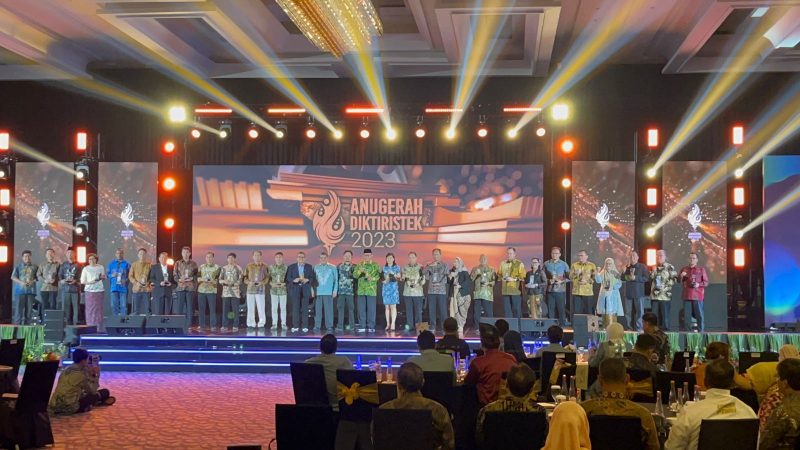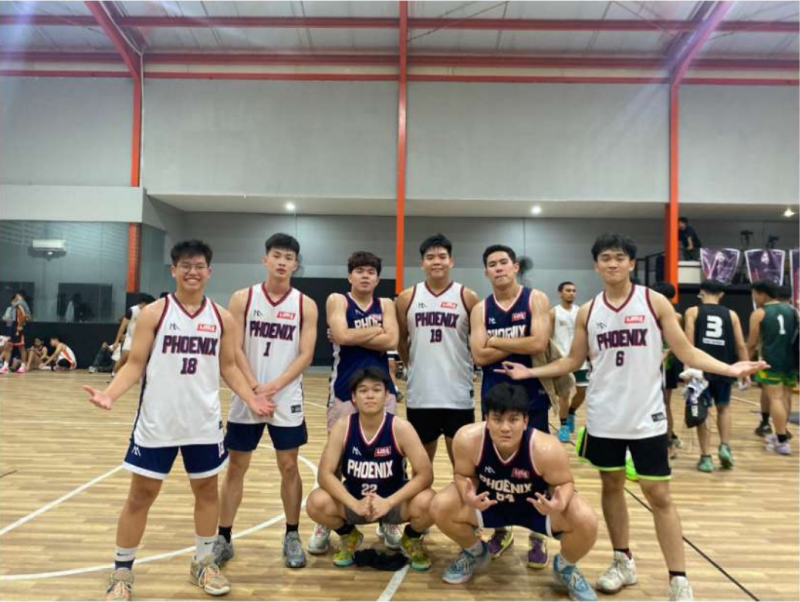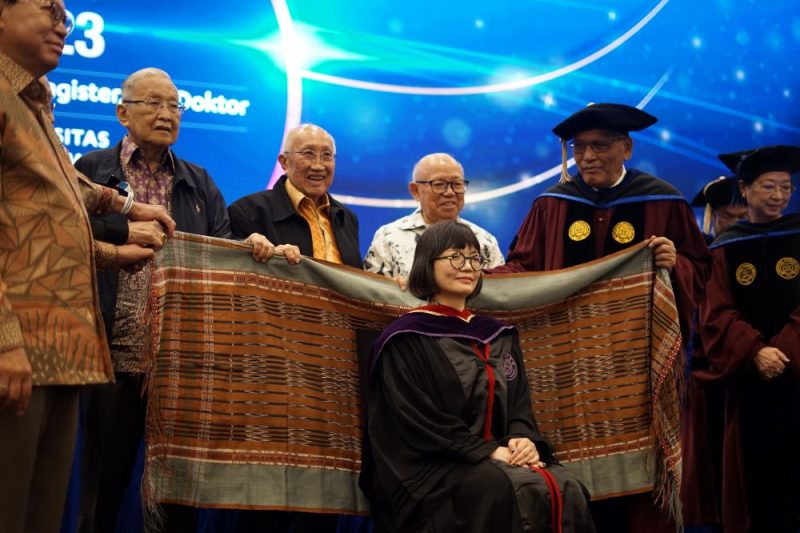In the last three months, the global technology industry has been heavily influenced by the worldwide economic slowdown. This condition was caused by the food and energy supply crisis which led to high inflation rates in many countries. As an effect of this high inflation rate, various central banks raised the benchmark interest rate. This policy has resulted in tightened capital flows in various industrial sectors; unexceptionally, the digital industry.
Capital flow, which has streamed vigorously in the last five years into the digital technology sector, has started to decelerate. Investors and venture capitalists are withholding funding and shifting their investment to other sectors that are considered to possess more potential and would be more profitable in recession times. Therefore, it will not be a surprise that throughout the year 2022, massive employee layoffs in the technology sector will occur.
These waves of startup-employee layoffs have raised a number of concerns regarding the current state of the job market. Would those laid-off employees have effortless opportunities to get some other work? Great concern also has arisen regarding the fate of startup founders’ companies who were forced to discontinue their businesses due to insufficient funding or other factors.
Research conducted by Yale University in the U.S., entitled “Are Former Startup Founders Less Hireable?”, reported that in terms of getting a follow-up call after a job interview, former technology startup founders have 43% less chance compared to non-startup founder applicants.
The survey that involved 2,400 respondents also stated that former startup founders, who had previously owned successful businesses, apparently had a 33% chance lower of being invited to job interviews. This result is surprisingly contradictory to most companies’ tendencies to hire employees who are entrepreneurial and innovative. According to the survey, companies are more likely to choose candidates who are not former startup founders; given the fact that both types of candidates might possess the two previously mentioned characteristics.
Although the results of this survey are more applicable to the conditions of the U.S. working world, an observer of social entrepreneurship and the Director of Student Affairs, Character, and Alumni, at Universitas Prasetiya Mulya, Dr. Rudy Handoko, believes that a similar situation is likely to occur in Indonesia. “It’s quite common for startup founders to enter the job market when their businesses fail or when there is a slow down in the business growth.”
“The problem is,” said Rudy, “there is a kind of stigma on startup founders or those who have served as chief executive officers, chief financial officers, chief marketing officers at a startup company. These individuals are imprinted to be arrogant and too well-pleased with themselves. While in reality, prospective companies need employees who are humble, open-minded and have the willingness to learn new things.”
 The Crucial Role of Educational Institutions in Shaping Characteristics
The Crucial Role of Educational Institutions in Shaping Characteristics
With the various unpleasant perceptions about former startup founders’ characteristics, then what would be the solution to build prospective entrepreneurs who own strong characteristics, but are also adaptive to the working world? According to Rudy, one of the solutions would be determined by the learning process these individuals experience, especially during their college period.
“A good education process can create a business person with strong characteristics. On our campus, for example, we emphasize the importance of a sturdy process of forming a successful businessperson or professional. No good results can come out of an instant process. Perseverance is one of the key elements,” said Rudy.
Rudy mentioned that students at the best business campus in Indonesia, Universitas Prasetiya Mulya, are exposed to various kinds of competitions since they are in their first semester. In addition, Prasmul students are constantly challenged to face pressured conditions that train their patience and consistency in achieving goals. In conducting group work, the students regularly swap roles. On occasion, some students might be the leaders, while other times they might be group members. “Group members are deliberately reassembled regularly, so students are able to work with people from varied backgrounds,” added Rudy.



 The Crucial Role of Educational Institutions in Shaping Characteristics
The Crucial Role of Educational Institutions in Shaping Characteristics



